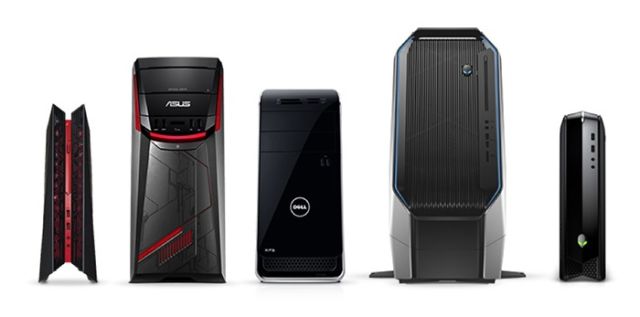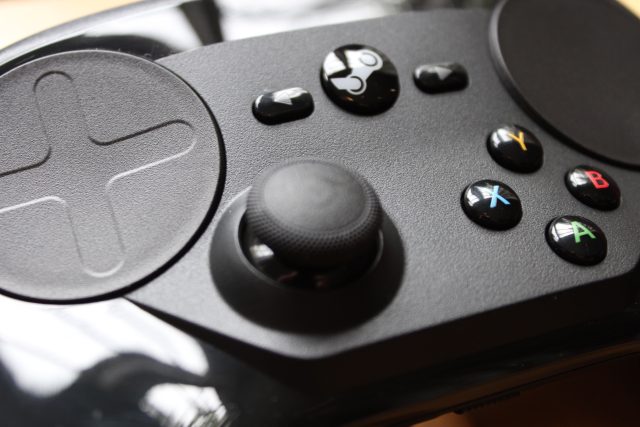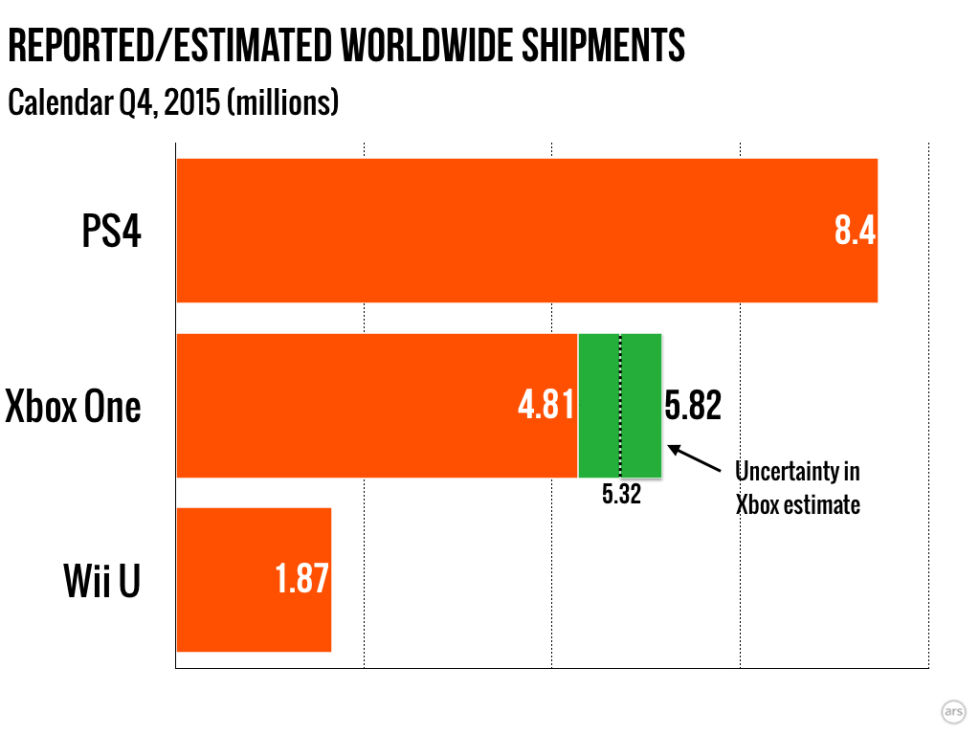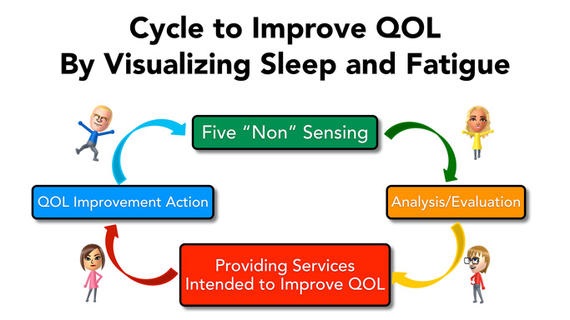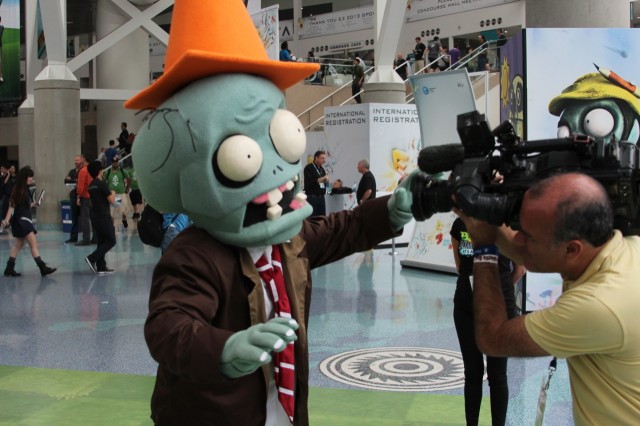
BRAAAAIIINNNNS! (credit: Andrew Cunningham)
Since Amazon launched its free Lumberyard game engine yesterday, the world has been united in a single question: are we legally allowed to use the engine to operate life-saving infrastructure during the zombie apocalypse? After digging through Amazon's updated terms of service for the new engine, we can now confirm that the answer is a definitive "yes."
Don't believe us? Go to the Amazon Web Services TOS and scroll down to rule 57.10. There you'll see the following (emphasis added):
57.10 Acceptable Use; Safety-Critical Systems. Your use of the Lumberyard Materials must comply with the AWS Acceptable Use Policy. The Lumberyard Materials are not intended for use with life-critical or safety-critical systems, such as use in operation of medical equipment, automated transportation systems, autonomous vehicles, aircraft or air traffic control, nuclear facilities, manned spacecraft, or military use in connection with live combat. However, this restriction will not apply in the event of the occurrence (certified by the United States Centers for Disease Control or successor body) of a widespread viral infection transmitted via bites or contact with bodily fluids that causes human corpses to reanimate and seek to consume living human flesh, blood, brain or nerve tissue and is likely to result in the fall of organized civilization.
As obvious jokes hidden in legal boilerplate go, Amazon's efforts fall a little short of the Divinity: Original Sin EULA, which gave out rewards to the first 100 people who bothered reading through the boring language. And the humorous clause diverts attention away from other, potentially more worrying clauses therein, like the engine's collection of "information about system and server resources, features used in the integrated development environment, frequency and duration of use, geographic and network locations, and error and information messages."

